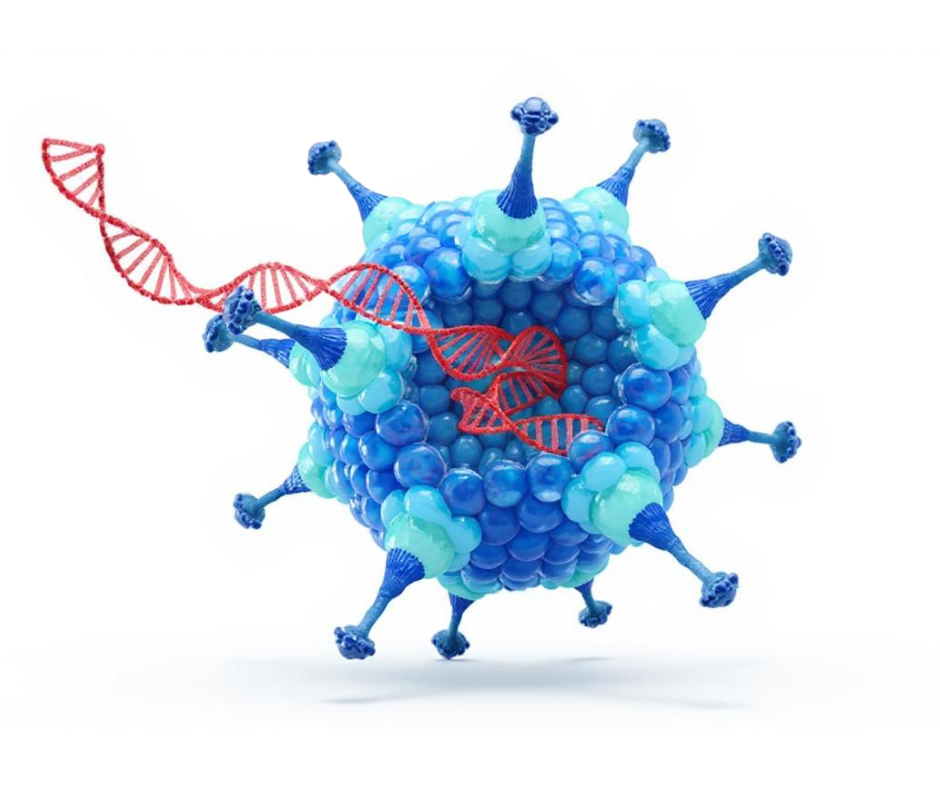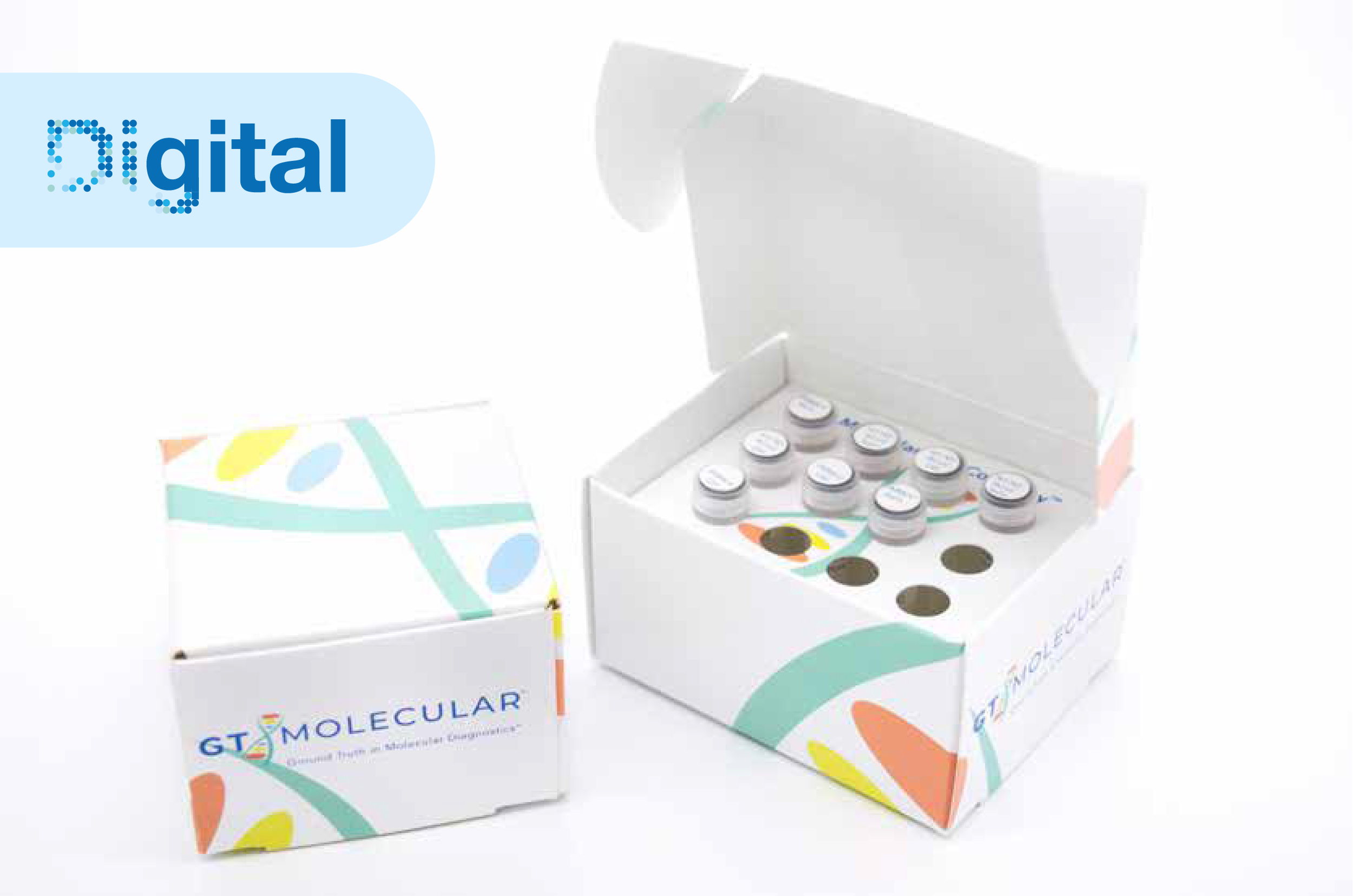Vector Copy Number Determination

Why is vector copy number determination important?
VCN refers to the number of vector copies integrated into the DNA of a host cell. It’s a crucial parameter in gene therapy and cell engineering, such as CAR-T therapy where viral vectors are used to introduce new genetic material. VCN is important for monitoring transgene expression, optimizing viral dose, and ensuring consistent therapeutic outcomes. However, a high VCN can also increase the risk of insertional mutagenesis and oncogenesis, making it a critical safety parameter.
GT-Digital Vector Copy Number: WPRE Assay Kit v1.0 for the QIAGEN QIAcuity® Digital PCR System
Detect Woodchuck Hepatitis Virus Post-transcriptional Regulatory Element (WPRE), a common genetic element included in viral vectors to enhance gene expression. Widely used in lentiviral, adeno-associated, and retroviral vectors for delivering therapeutic genes into target cells.
- Dual-target detection of WPRE for vector quantification, and a housekeeping gene for normalization
- Compatible with gDNA from cell cultures containing integrated vectors
- Includes validated primers, probes, and controls
- Validated with WHO international lentiviral standards
- Enables precise, digital PCR-based quantification as low as 5 copies of WPRE per reaction
Key Benefits
Detect as few as 5 copies of gene target per reaction and genotype samples with low nucleic acid concentrations
Validated with WHO international lentiviral standards and compatible with gDNA from cell cultures
Assay your samples with validated kits that include all necessary primers, probes, and controls with detailed instructions
Digital PCR (dPCR) detection provides increased sensitivity, improved precision and accuracy.
Quantify Your Target in 3 Easy Steps
Receive kit via overnight shipping within five business days
Extract nucleic acid from your sample using your lab’s preferred method
Perform the PCR assay on your sample using your instrument of choice
Other Popular Oncology Research Kits



GT Molecular dPCR Assay Advantages
FAQs



